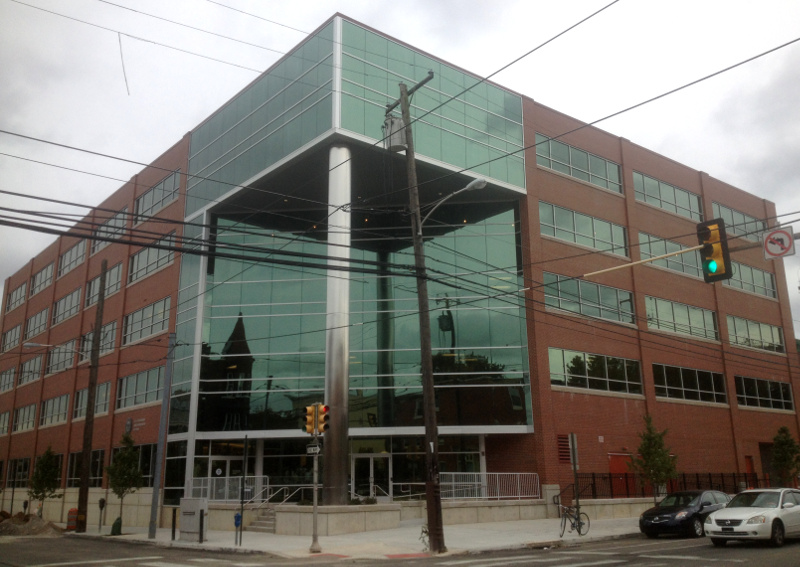
Multi-tenant office building in West Powelton, University Place 2.0, was completed in September, 2013. (Photos by Alex Vuocolo/West Philly Local)
A sparsely developed segment of West Powelton is getting two large facilities, both by University Place Associates, LLC.
The first multi-tenant office building, University Place 2.0, was completed last month and is already close to full capacity. The highest profile tenant, the U.S. Department of Immigration Services, signed on in 2011 and now occupies about half of the building’s 105,000-square feet.
Located on 41st St. between Market and Powelton, University Place 2.0 is the first pre-certified L.E.E.D Platinum building in Philadelphia. Its amenities includes a green roof with drought-tolerant vegetation, shading devices that reduce heat during the summer months and a floor plan that utilizes natural light.
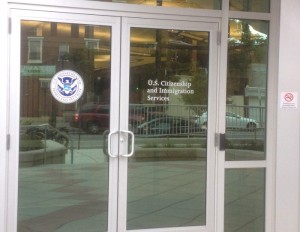 Common areas will also be 100 percent powered by renewable energy for the first two years through the purchase of Renewable Energy Certificates. Tenant space will be 50% powered by renewable energy.
Common areas will also be 100 percent powered by renewable energy for the first two years through the purchase of Renewable Energy Certificates. Tenant space will be 50% powered by renewable energy.
Other tenants include Shraga Studios, the architects behind the building, and U.S. Facilities Inc, an infrastructure support and facilities management firm.
University Place 3.0 is located next store at 41st and Market, and it will not begin construction until University Place Associates finds an anchor tenant. Construction should take two years once an anchor is secured, according to Matthew Guerrieri, a leasing agent for both buildings.
Guerrieri noted that the anchor should take up 60,000-square feet of the building’s total 150,000-189,529-square feet and ideally be a company focused on sustainability, given the building’s L.E.E.D. Platinum status.
For now though, the once empty lot between Powelton and Market is already looking a lot less barren. West Philly Local will keep up on any further developments.
–Alex Vuocolo




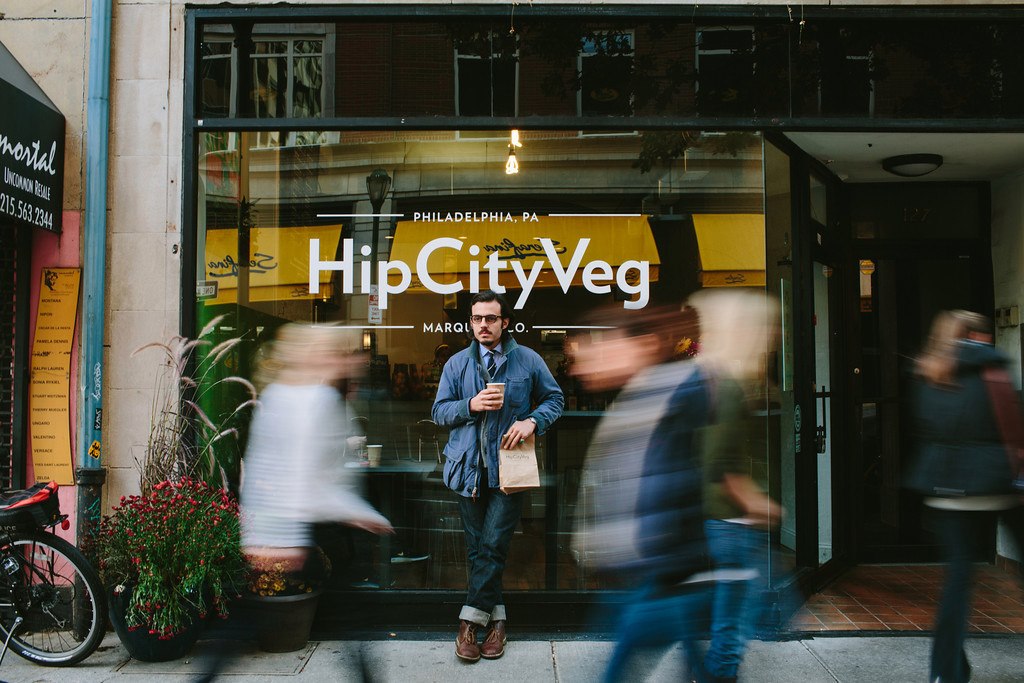
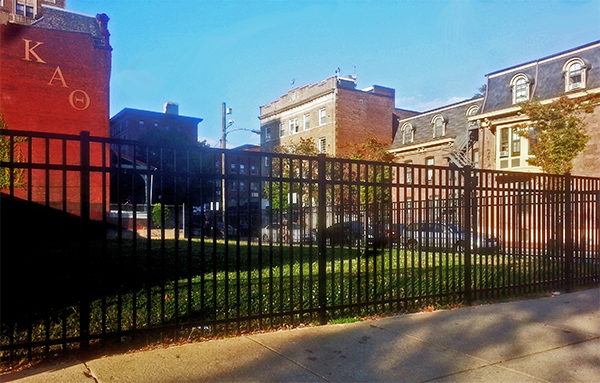
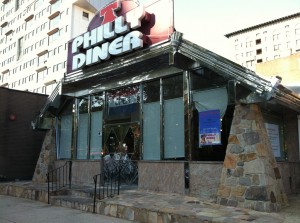
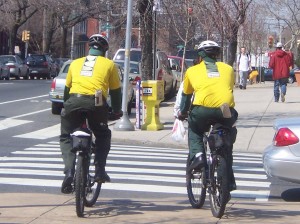
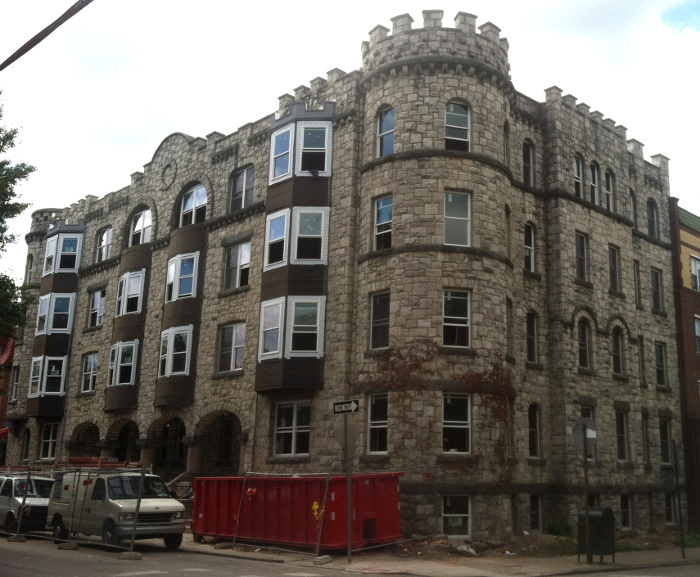
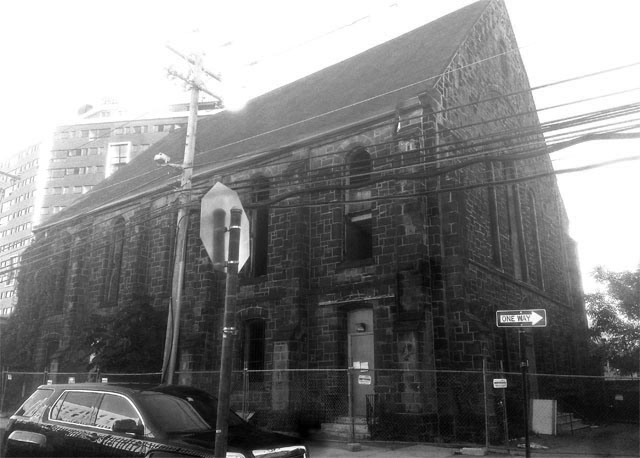
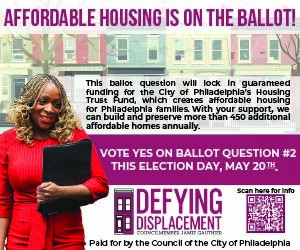



Recent Comments